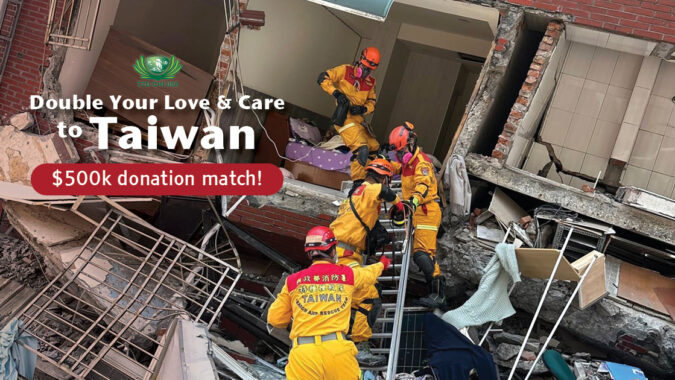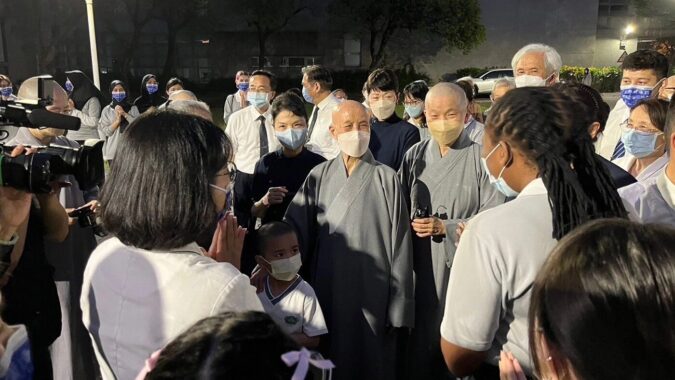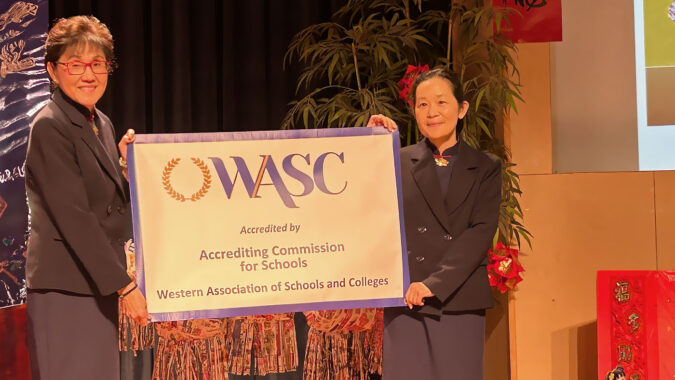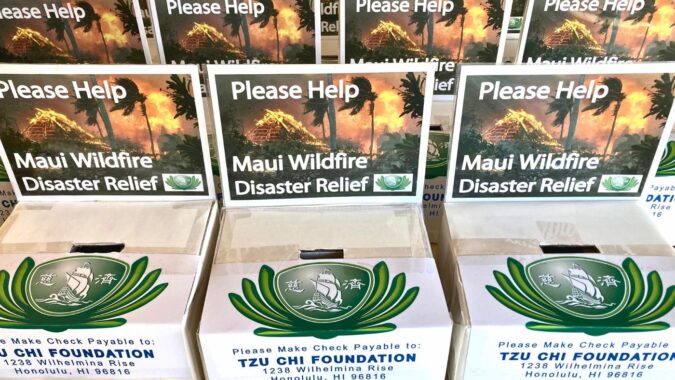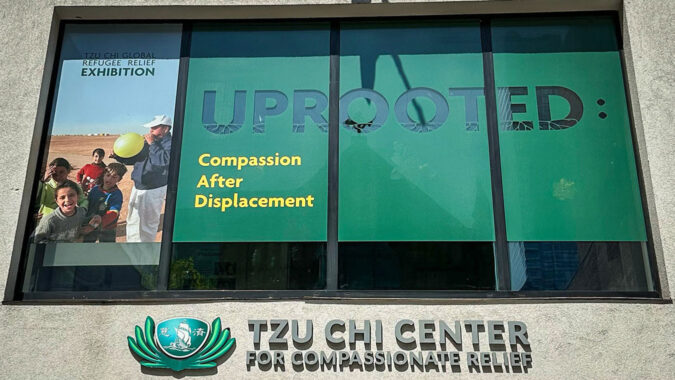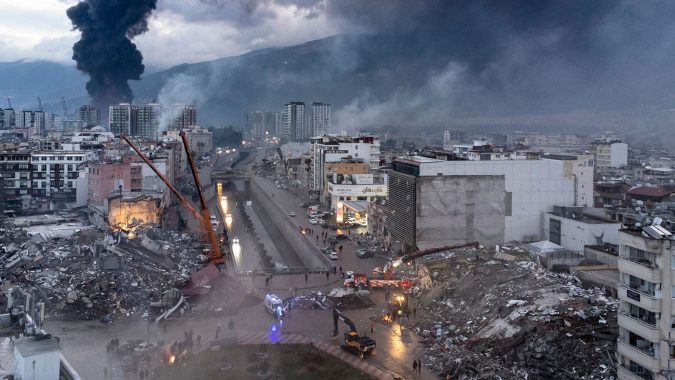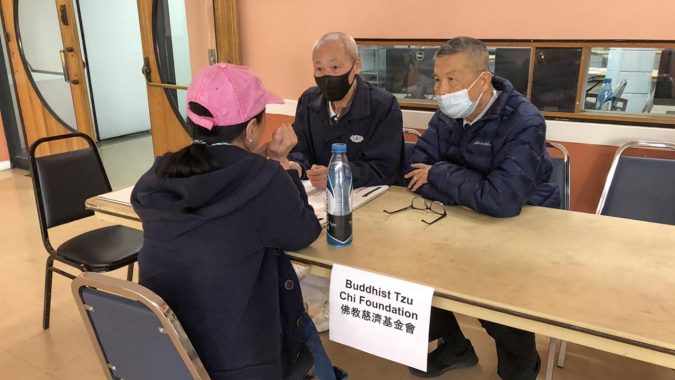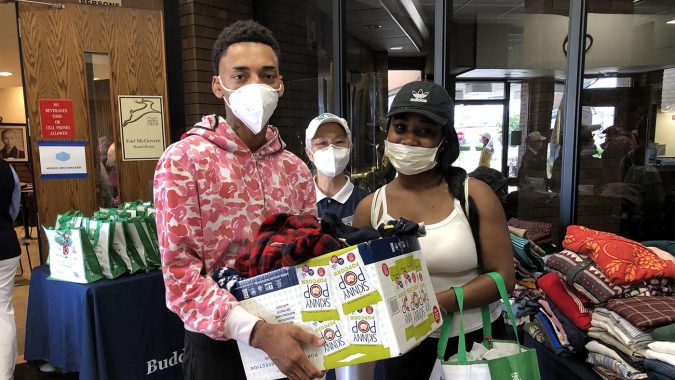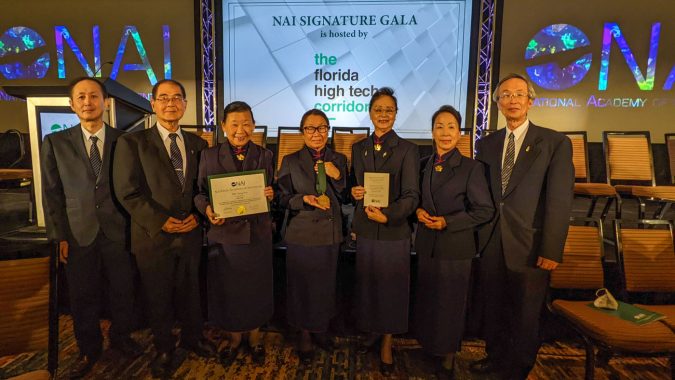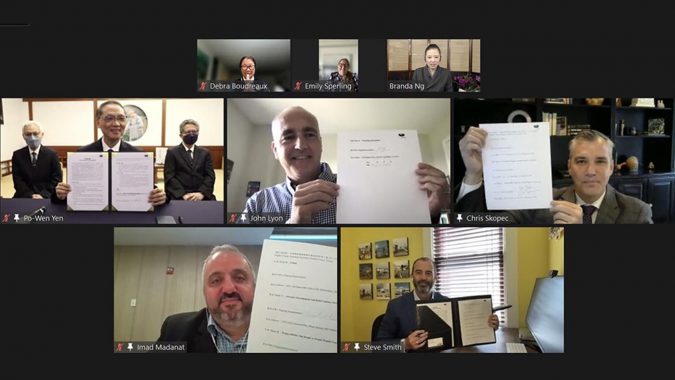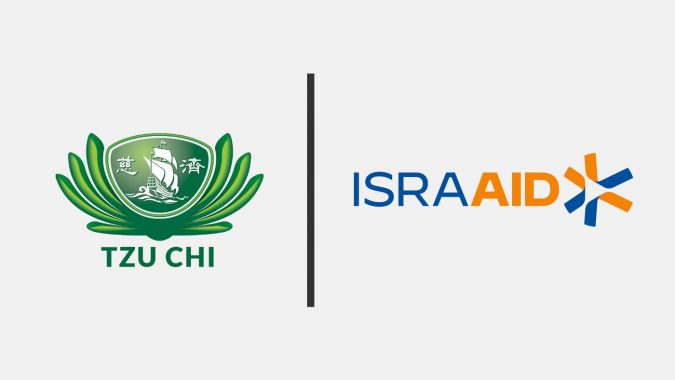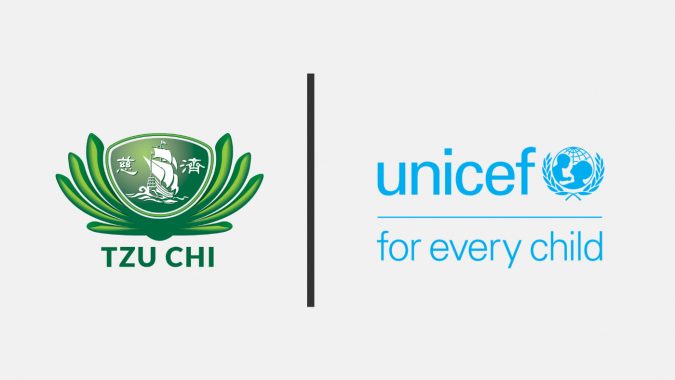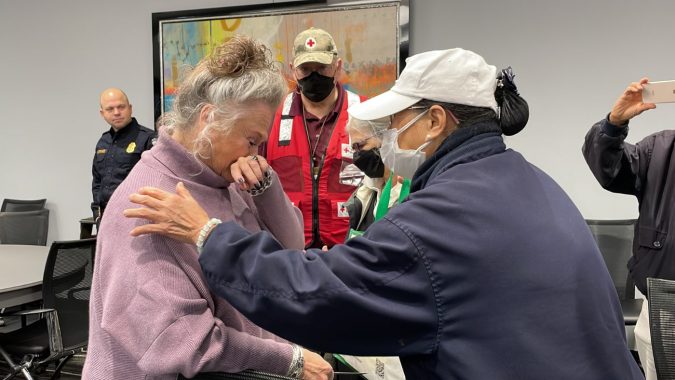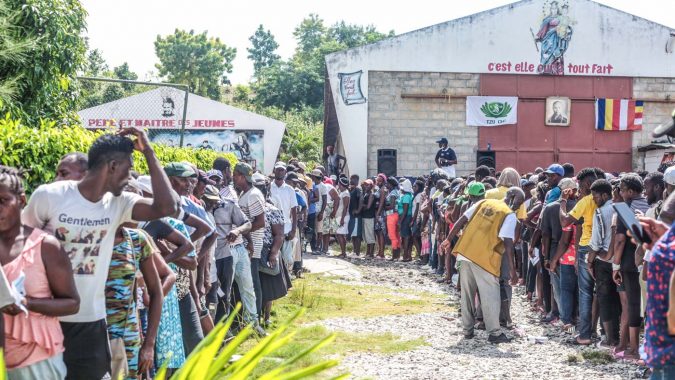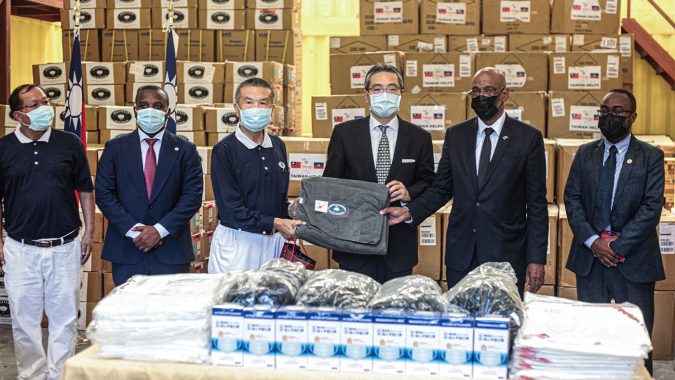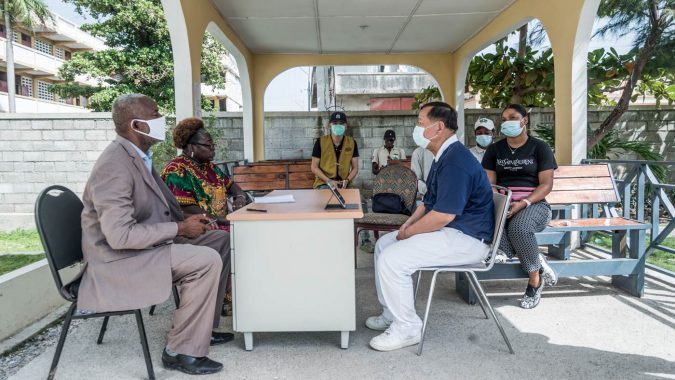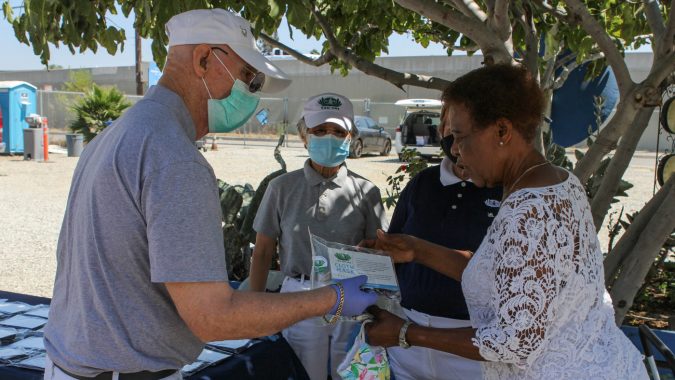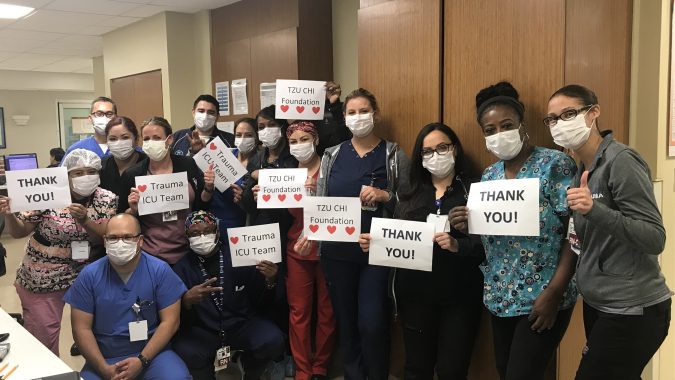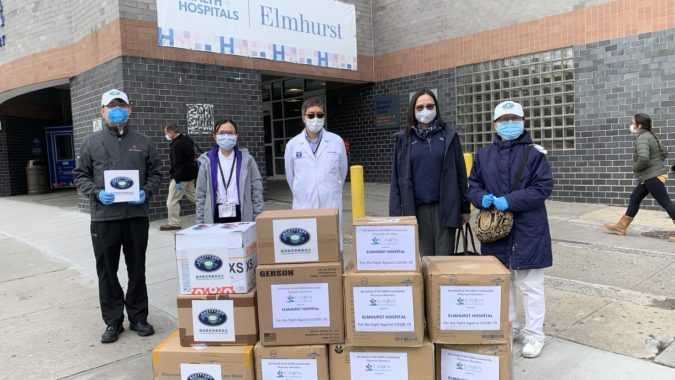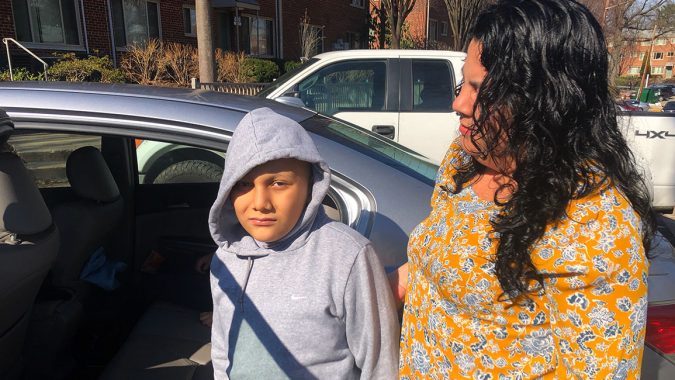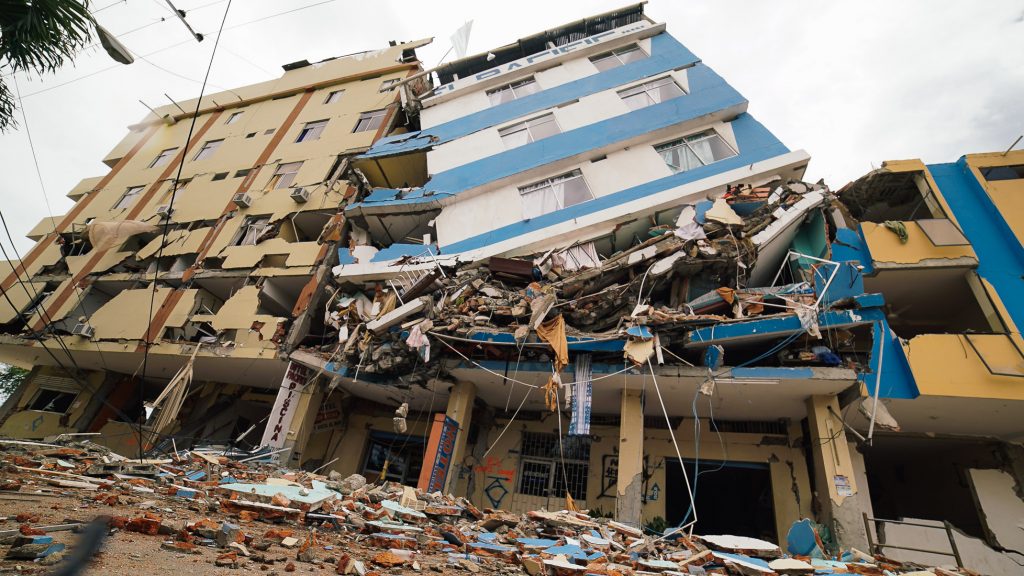
On April 16th, a 7.8-magnitude earthquake struck Ecuador, killing at least 659 people, leaving 27,732 injured, and devastating the country as nearly 7,000 buildings collapsed and crumbled.
Tzu Chi quickly mobilized an assessment team of nine volunteers from the USA and Chile, who travelled to Ecuador and began their disaster relief assessment mission on April 28th.
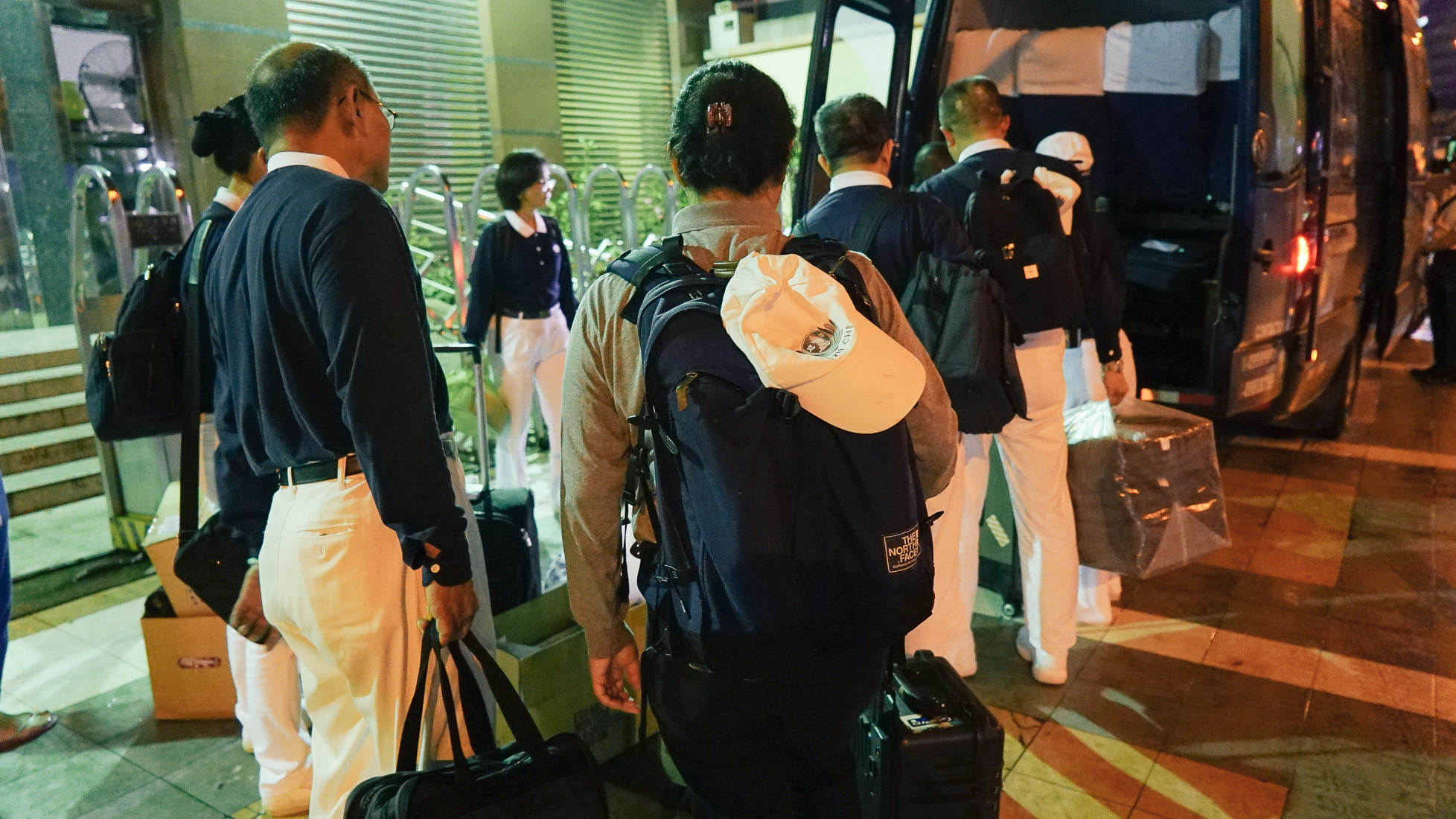
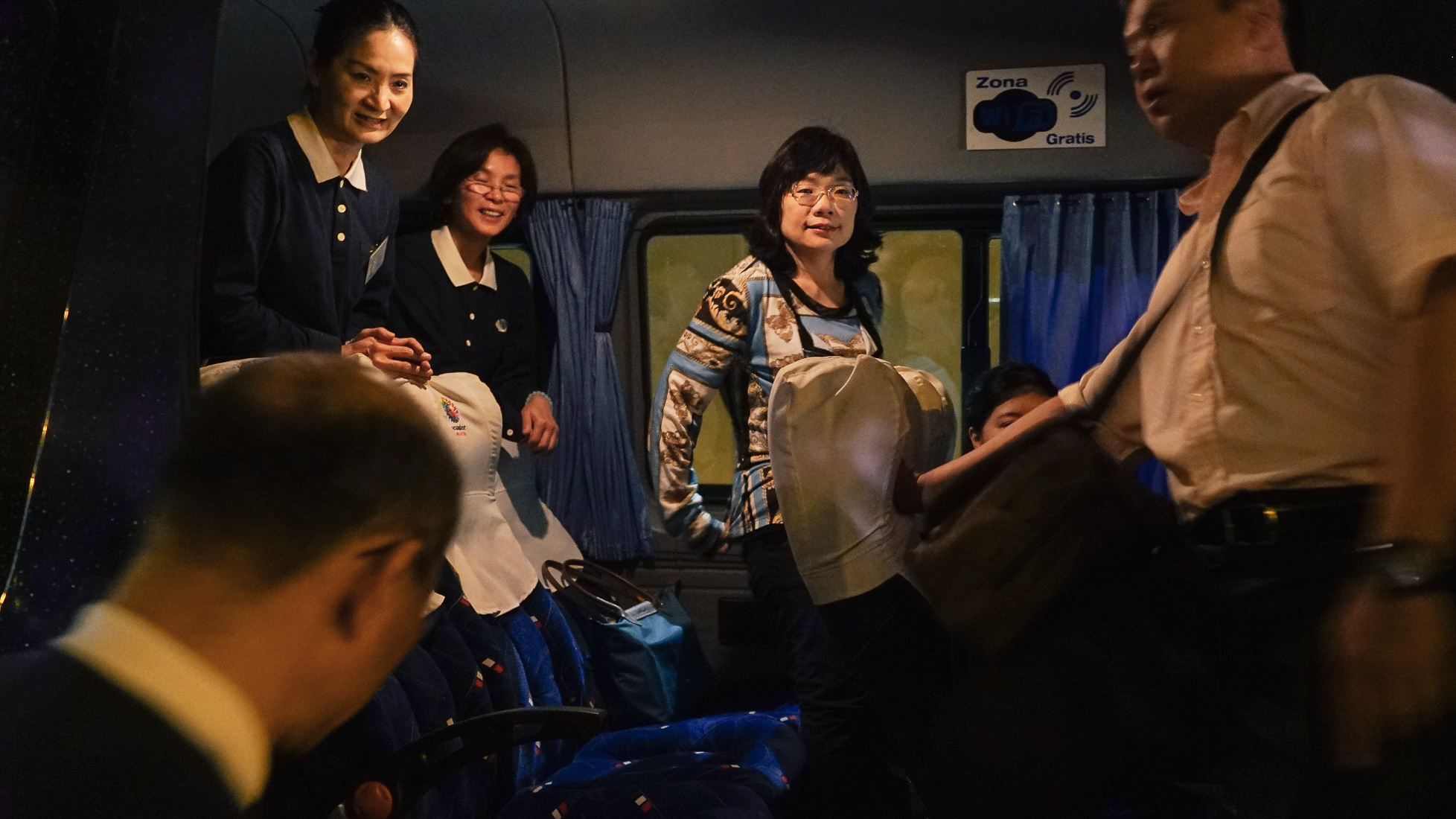
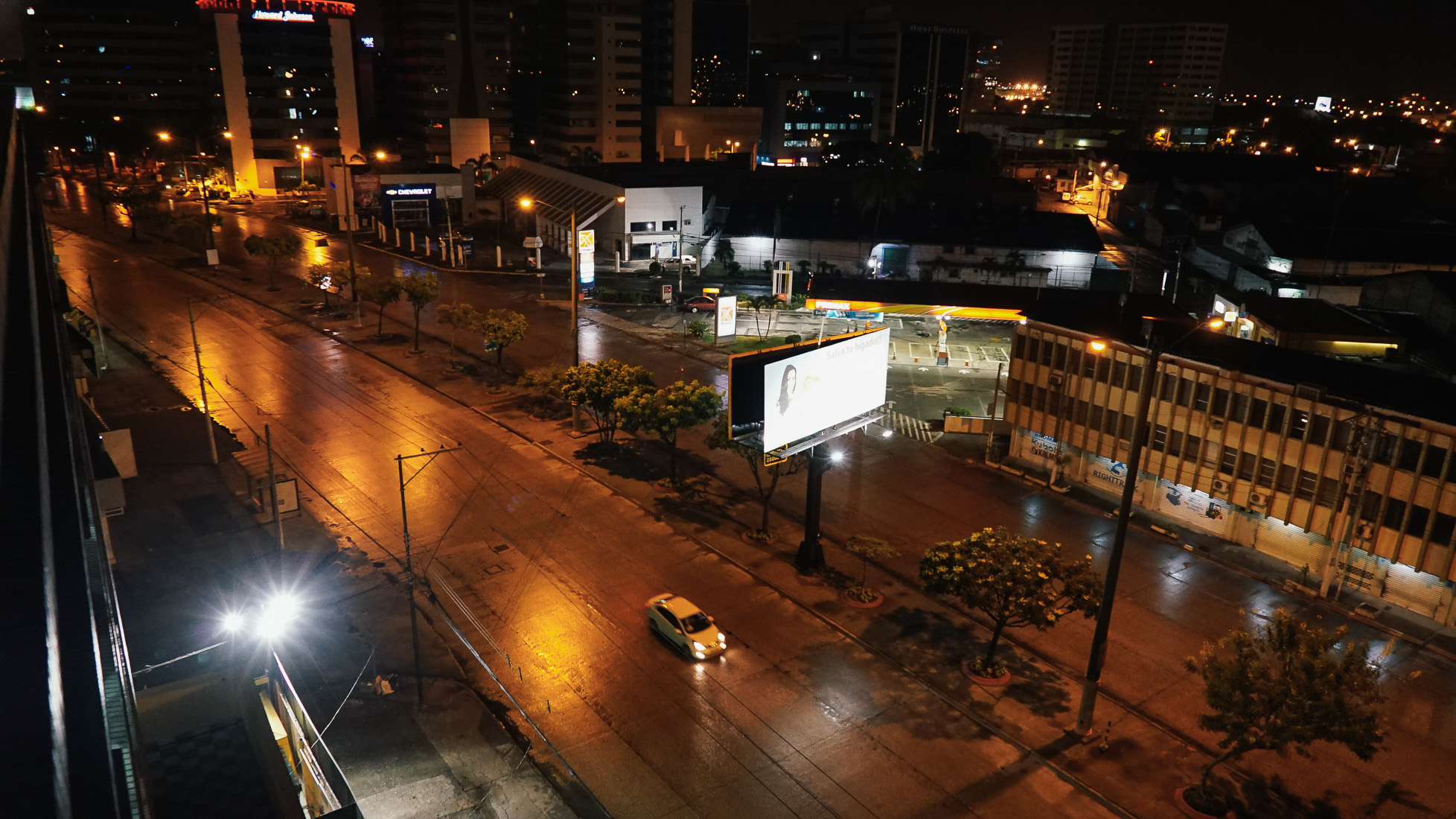
Their first stop was the Manta region, one of 3 regions including Pedernales and Portoviejo, where 75 percent of casualties occurred.
The damage they saw was overwhelming in scope, as is the cost in human suffering for the people impacted by this disaster.
The team saw that a community of nearly 135 families, approximately 600 people, is currently living in tents and shelters in Manta. They are still in shock: They recently lost their homes, their jobs, and now literally have nowhere to go.
This tent was put up first, and then other families started to arrive. More families and more families came until the community was formed. We got water from a friend who came to offer it, who then went to speak to the Mayor, and now we’re receiving aid like tents and plastic tarp, and the food we’re getting is from a foundation. We’re still getting it until today.
Fabricio Quijije, community leader in the tent city in Manta
As the team looked around 12 days after the earthquake struck, it’s hard to believe that this was originally a highly populated area with malls, businesses, and hotels. Manta was the city hardest hit in the region and although many buildings did not collapse completely, they are all heavily damaged and empty now.
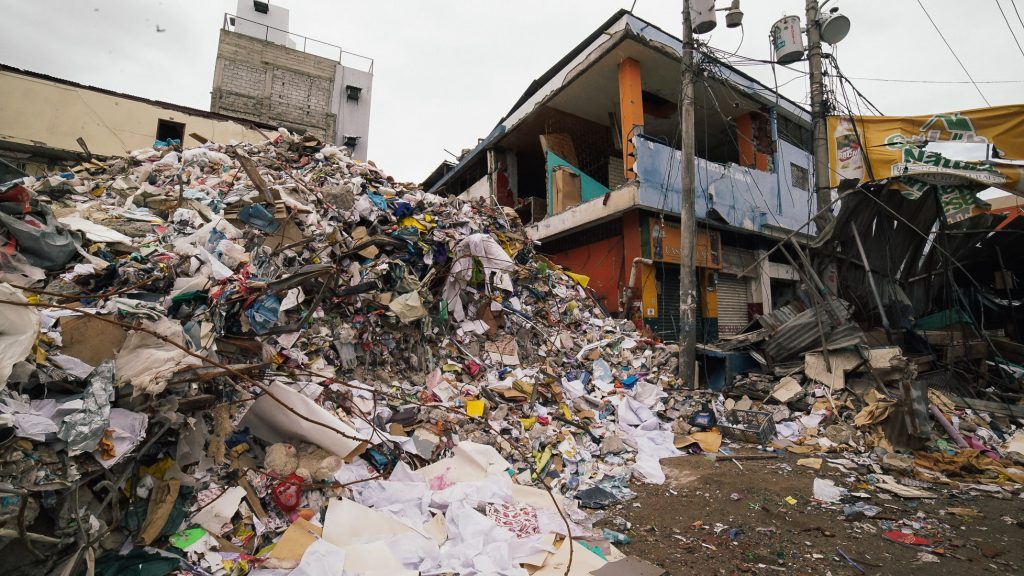
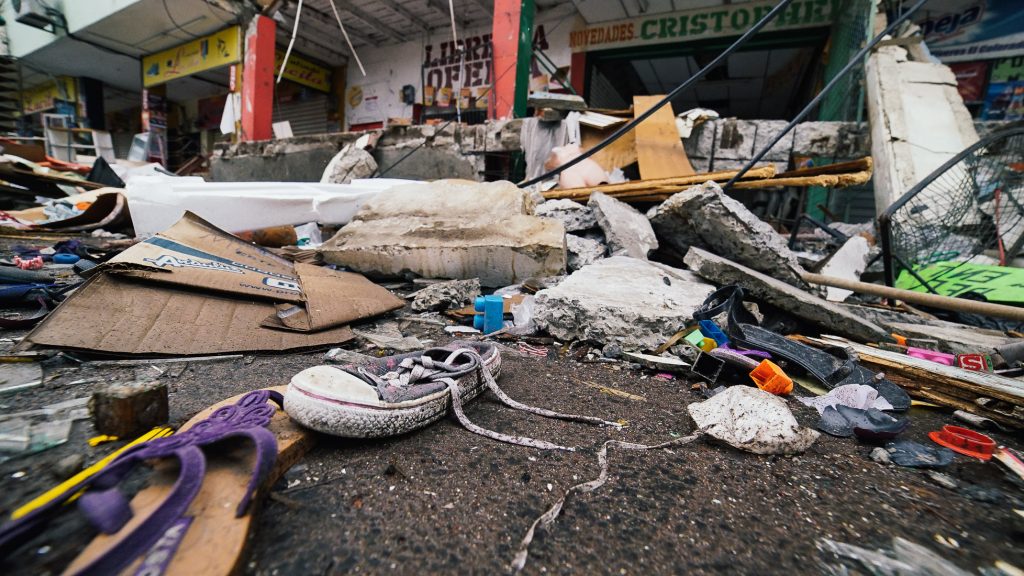
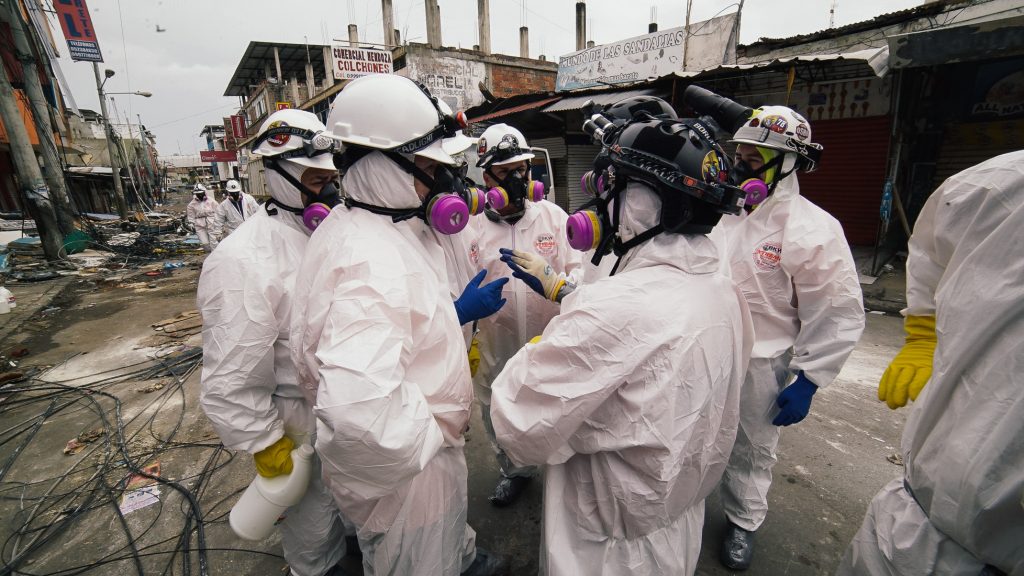
In a way the calm that has descended is welcome considering the chaos in the hours and first few days after the disaster: Something local residents won’t easily forget.
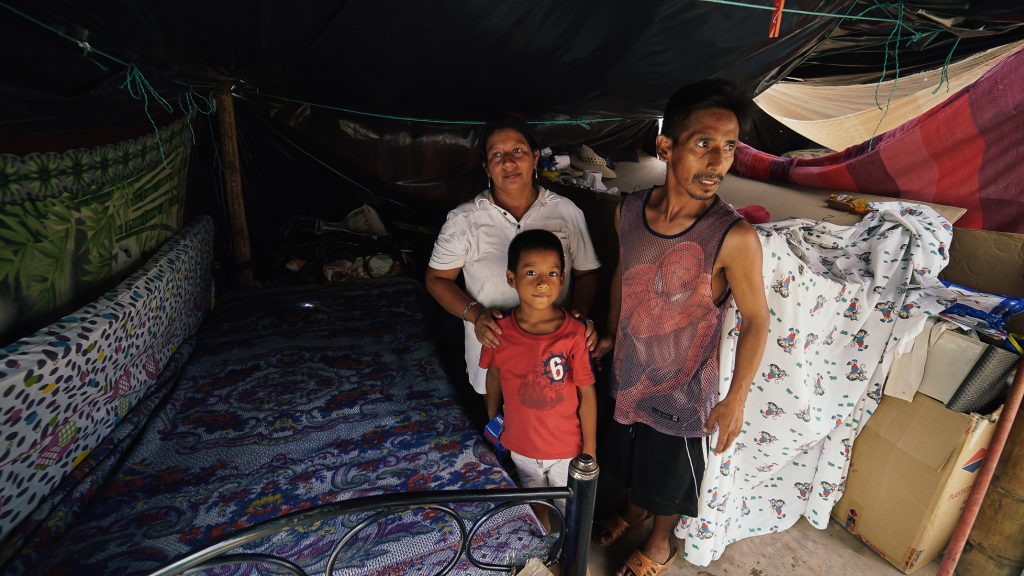
After the earthquake happened, during the night, thieves came into the JAPON business here and into my mother in law’s house. They just opened the doors and took whatever they could.
Ruben Vallejo Escobar, Manta resident
There would be no water or electricity for the first 2 weeks after the earthquake. Since everything had shut down, people weren’t able to purchase food or basic necessities either. Suddenly faced with being without food or water for themselves or their families, people were scared and in a panic. In desperation, some broke into groceries stores to get what they could.
As social order collapsed, others took advantage and the cost of living went sky-high. Whereas a 5-gallon container of drinking water cost $1.25 before, it was now being sold for $6 or more.
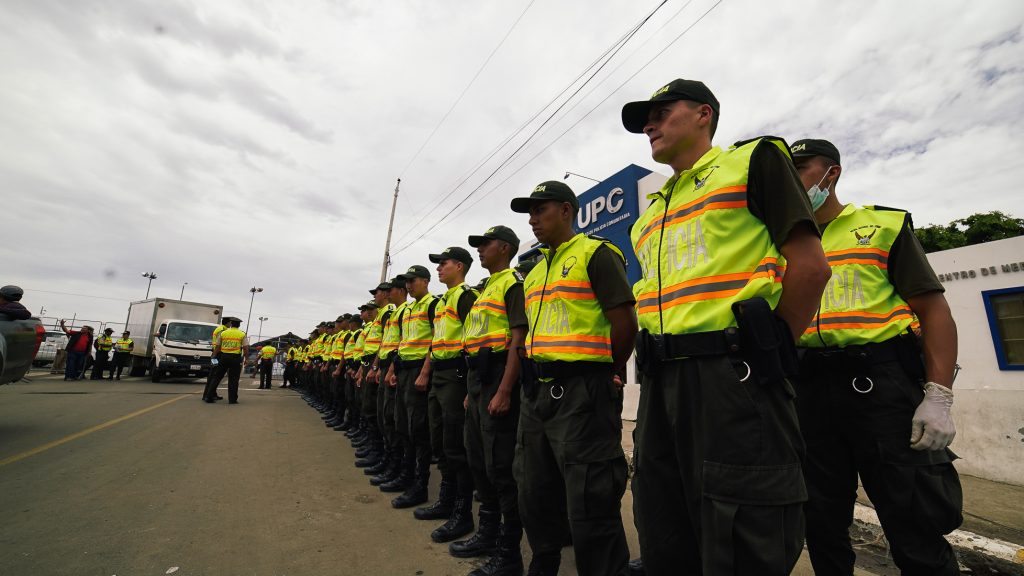
Order has now been restored but the path to recovery will be long and difficult.
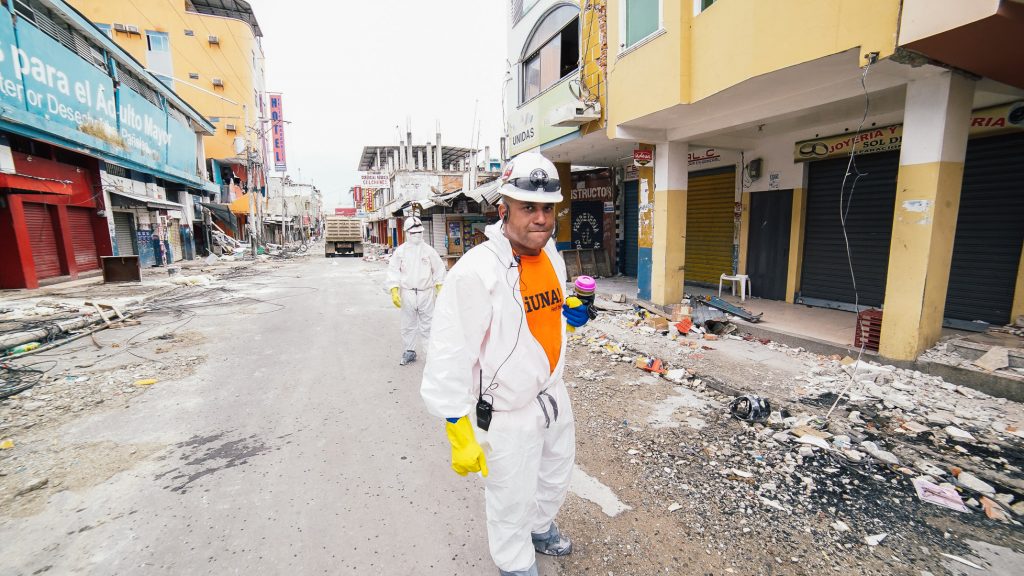
21 hotel buildings fell. And those 21 hotels left a lot of people without work. We need to start to rebuilding a lot of houses. People whose houses were only partially affected need building materials to fix them. And for those who lost their homes completely, we need to find them places to live.
Jorge Zambrano, Mayor of Manta
Tzu Chi is already working in collaboration with local government on formulating a disaster relief plan.
Accompanied by Florencia Hsie (謝妙宏), the Government Representative of Office of Commerce of Taiwan to Ecuador, the team met with Jorge Zambrano, the Mayor of Manta; Agustin Casanova Cedeno, the Mayor of Portoviejo; and Mariano Zambrano Segovia, the Governor of Manabi Region.
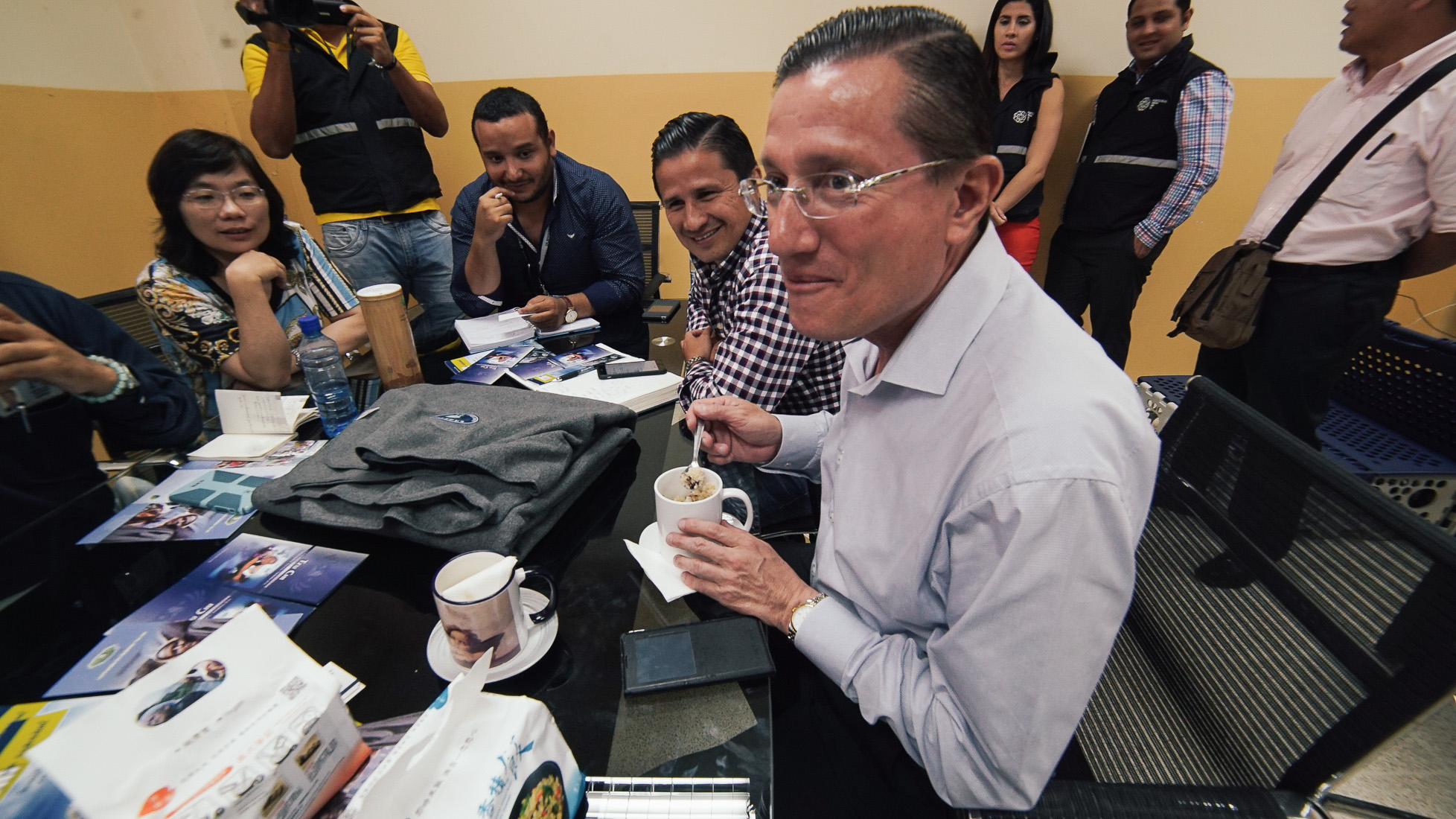
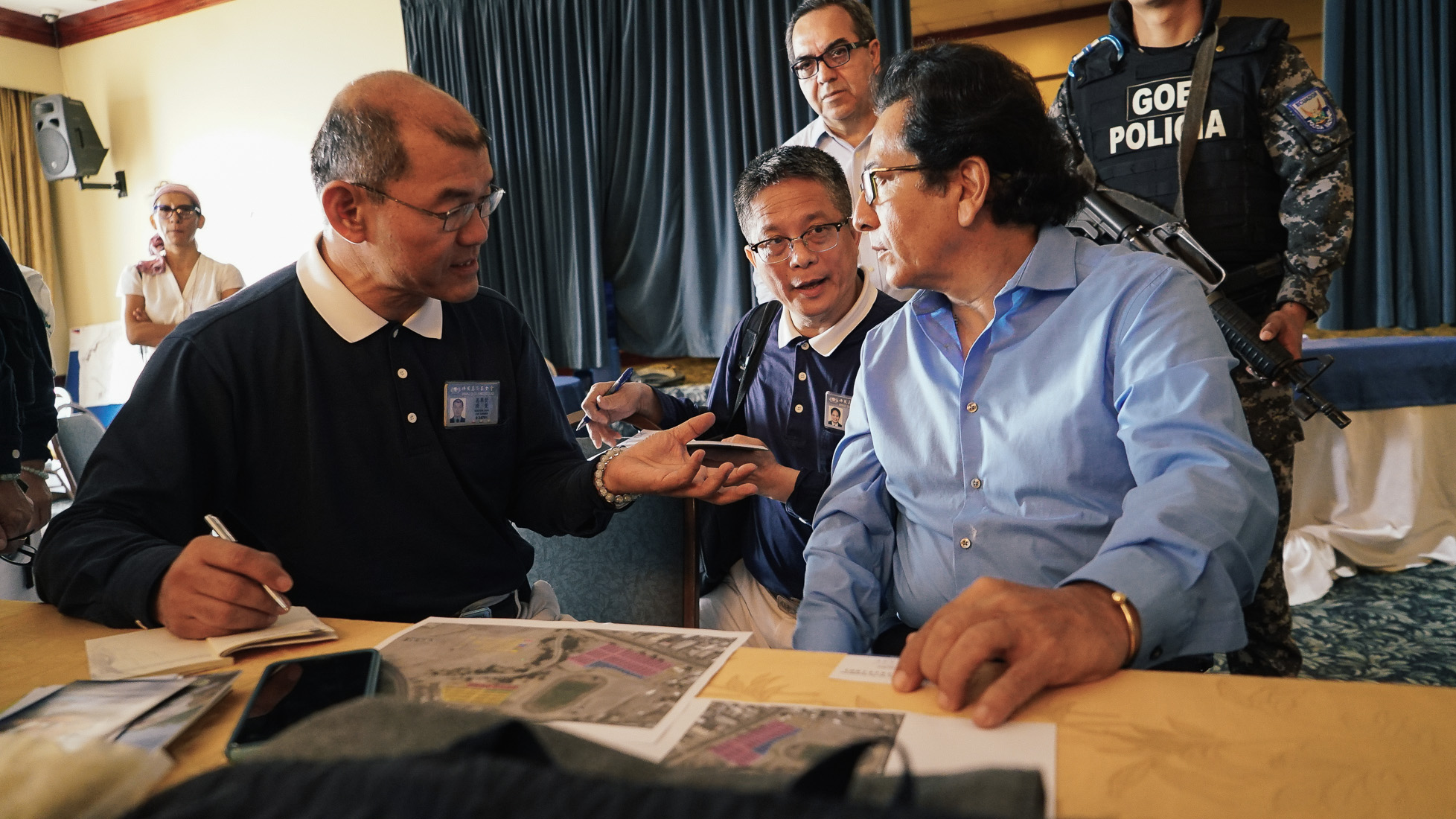
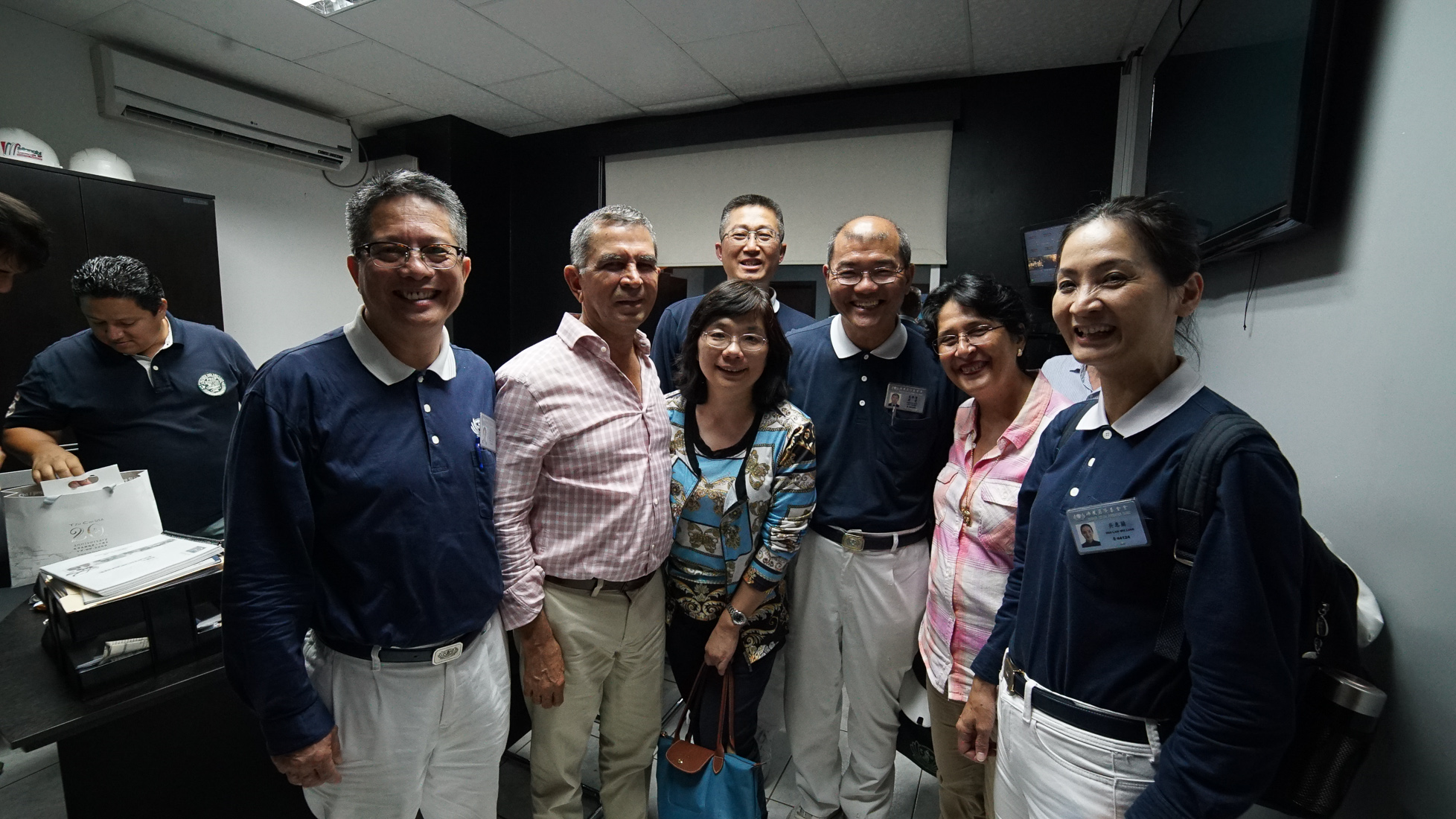
During their conversation with the Mayor of Portoviejo, the team learned that providing emergency food supplies for local residents is not the primary area of concern: Finding jobs for earthquake survivors who are now out of work is much more urgent since they no longer have any source of income.
When meeting with the Governor of Manabi Region, the team also learned that people beyond urban areas need disaster relief as well, and may be disadvantaged since aid comes to populated areas more quickly.
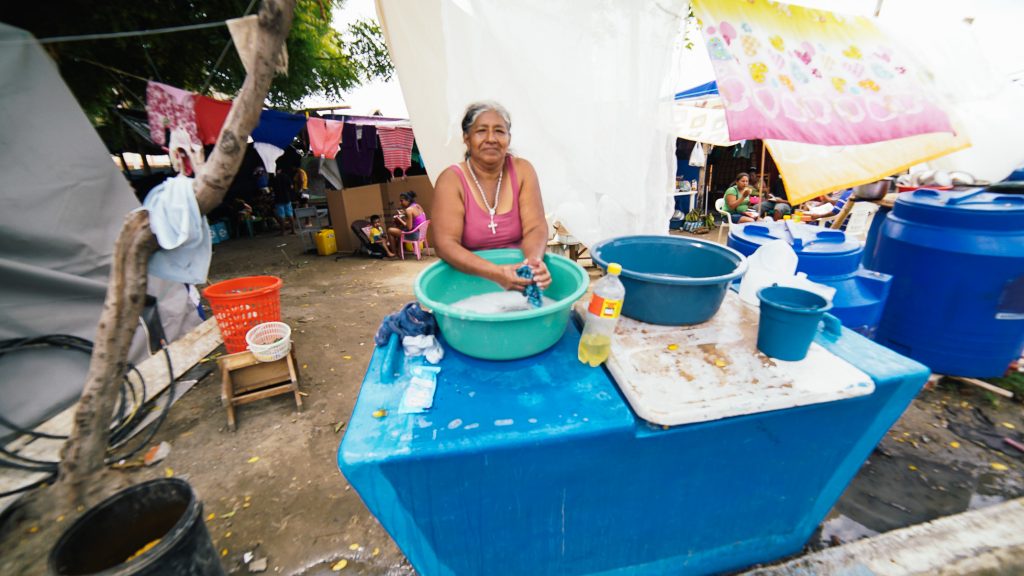
It’s difficult and sad to see people crying and suffering. There are cities which have been impacted, and help is flowing there. But the countryside was also impacted. Hundreds of people lost their homes.
Mariano Zambrano Segovia, Governor of Manabi Region
Tzu Chi’s disaster assessment mission will take the team to survey other areas as well, with the goal of formulating a detailed disaster relief plan in the shortest possible time so that people can begin receiving the help they need.
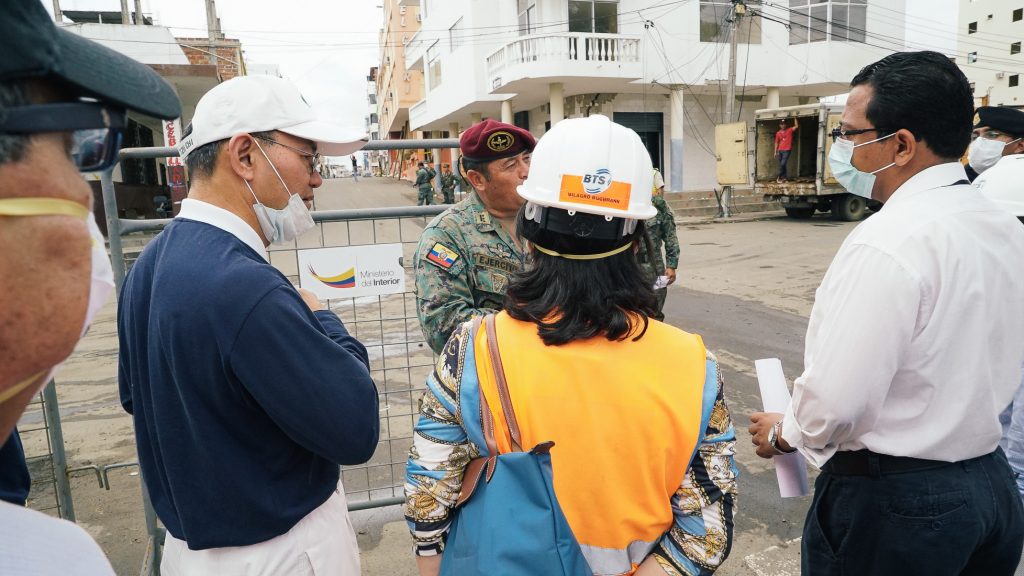
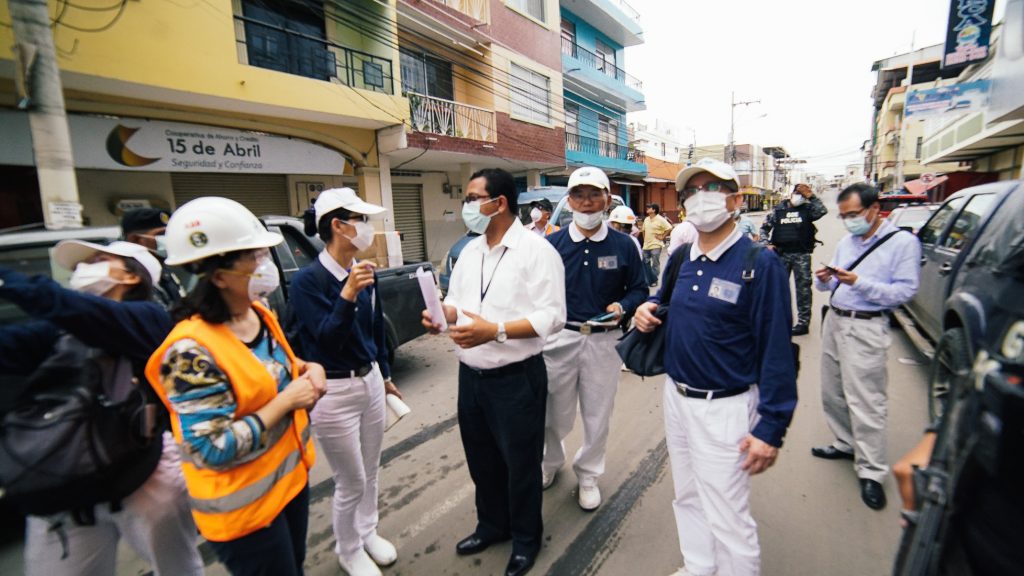
The Governor of Manabi was eager to express his gratitude in anticipation of the disaster relief mission that is to come.
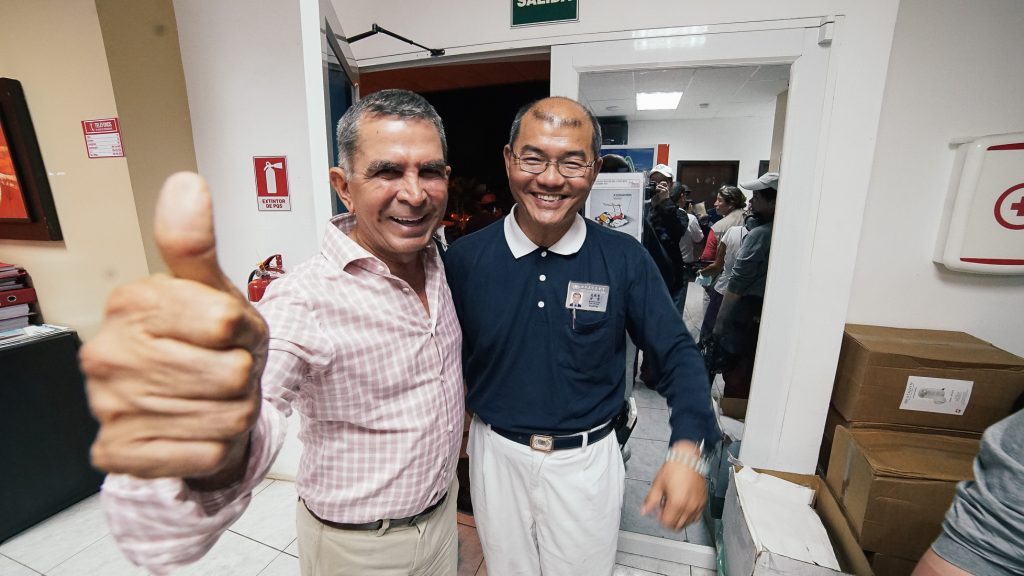
With Tzu Chi coming from so far away, with so many hours of flight to come here to help us … we will be grateful for all our lives.
Mariano Zambrano Segovia, Governor of Manabi Region

